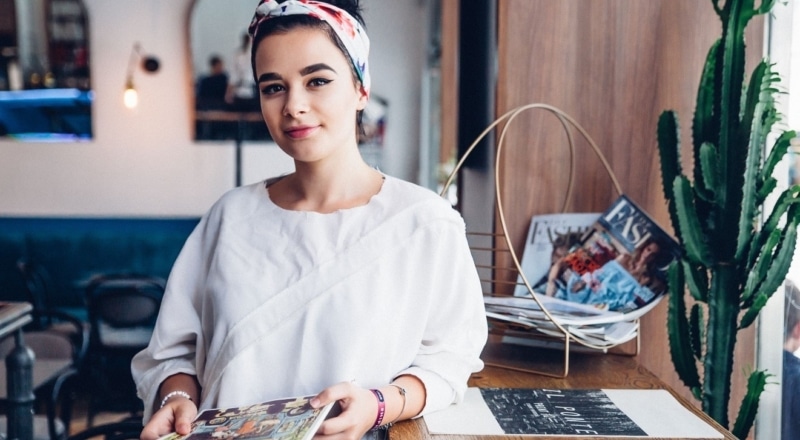How I dealt with the loss of a parent at a young age
Maisie talks about her journey with grief and what she has learned about self-care and self-awareness

Losing a parent at a young age is something that impacts a person in so many different ways. It’s something that everyone reacts to differently. My personal experience has shaped me into the person I am today. I knew that how I reacted to the experience would impact my life for years to come.
The day before my very first day of secondary school, when I was twelve, my dad passed away. For most of my young life, my dad had been sick and receiving treatment for cancer. Sickness and treatment became quite a normal thing in our home. What was even more normal was the open communication, love and closeness between us. Having built strong communication skills at a young age definitely made this whole experience easier for me and without this, I wouldn’t have come so far so fast. Communication is a learnable skill and mine has definitely improved through talking about my experience and seeing a counsellor.
My experience
To be honest, I don’t remember a lot of the details. My mind has blocked out a lot of memories due to the emotional strain and my depression. Here’s what I do remember though. A lot of people say that the first year after losing a loved one is the hardest. In my experience however, I found the first year to be the easiest. It was almost like my mind was still in shock and I was running on adrenaline.
Over the next few years, things got progressively harder as school became more demanding with the Junior Cert exams coming up.The realisation that I would never see my dad again hit me astonishingly hard. That realisation is what makes me think of the first year as the easiest, because the longer it goes on the further away he gets. During this time I struggled massively with depression and anxiety. I also felt extremely fake. I was being strong because I had to and the people constantly telling me “how strong” I was and how “well I was doing” didn’t know how much I was struggling day to day, or at least that’s how I felt. I definitely presented as strong and this made me feel even more like a liar. I reached some extremely dark places which I won’t detail and I felt like my inside didn’t match the outside which was a huge struggle to come to terms with.
Asking for help
I came to the point of suffering that I couldn’t handle anymore. Thanks to my foundation of communication I was strong enough to ask for help. One of my most vivid memories from the time was the point where I actually asked for help, because once I made that decision, I felt a sense of relief, a weight lifting off my shoulders. I had a ways to go but taking that step was the start to it and I’ve only ever looked back on this with gratitude. I started to see a counsellor and with support from my amazingly patient and caring mum, and others around me, I was able to change how I was reacting to the experience.
After learning how to cope with my mental health and most importantly care for it, I accepted my situation and began living life as what I like to call “my new normal.” Acceptance is key to all change. We cannot change the situations we are faced with, we can only accept them and take control of how we react to them.
Self-care and self-awareness
Ultimately the message I want to share is this, look after yourself and don’t be afraid to seek help. I’ve been through this experience and it allowed me to realise how important self-awareness and self-care are. It can be a struggle sometimes but regular and consistent self-care is so important.
Remember also, we all have mental health and everyone’s is as unique as they are. Just because what I have gone through is different to what somebody else has or is going through does not make them any less worthy of help with their mental health, whether that be seeing a counsellor or availing of any other mental health service. You are one hundred percent worthy of help and never let anyone (including yourself) tell you otherwise.
Feeling overwhelmed and want to talk to someone?
- Get anonymous support 24/7 with our text message support service
- Connect with a trained volunteer who will listen to you, and help you to move forward feeling better
- Whatsapp us now or free-text SPUNOUT to 50808 to begin.
- Find out more about our text message support service
If you are a customer of the 48 or An Post network or cannot get through using the ‘50808’ short code please text HELLO to 086 1800 280 (standard message rates may apply). Some smaller networks do not support short codes like ‘50808’.






